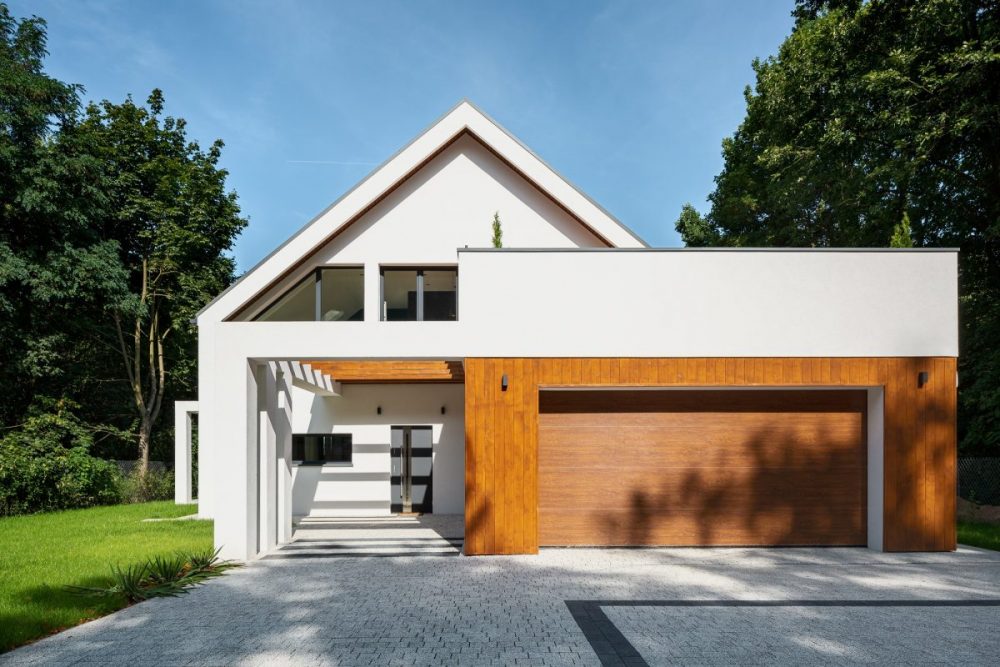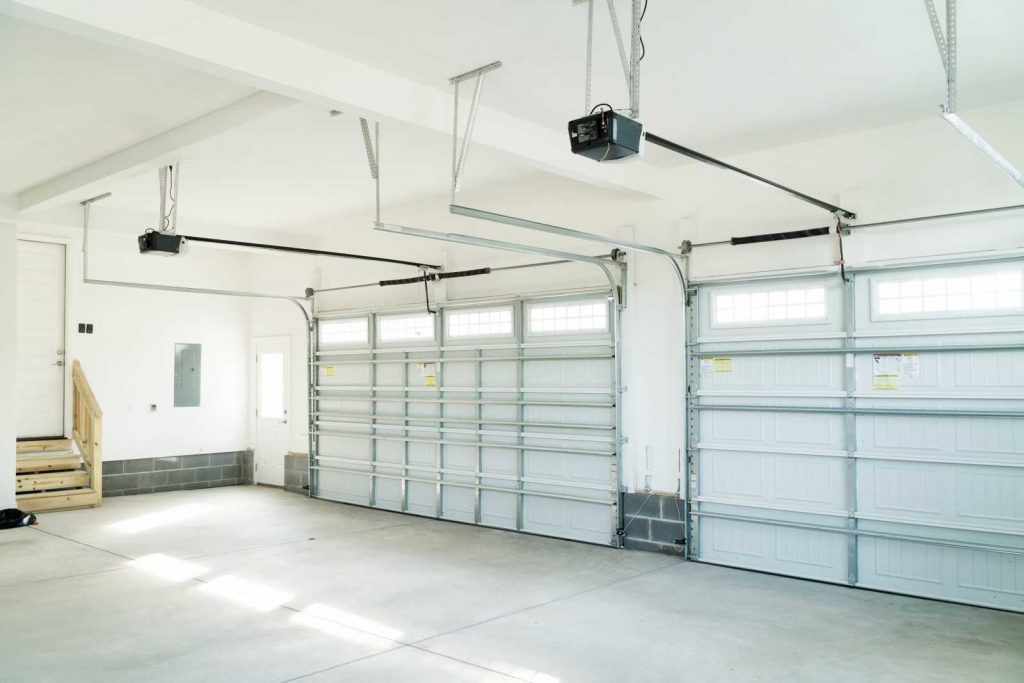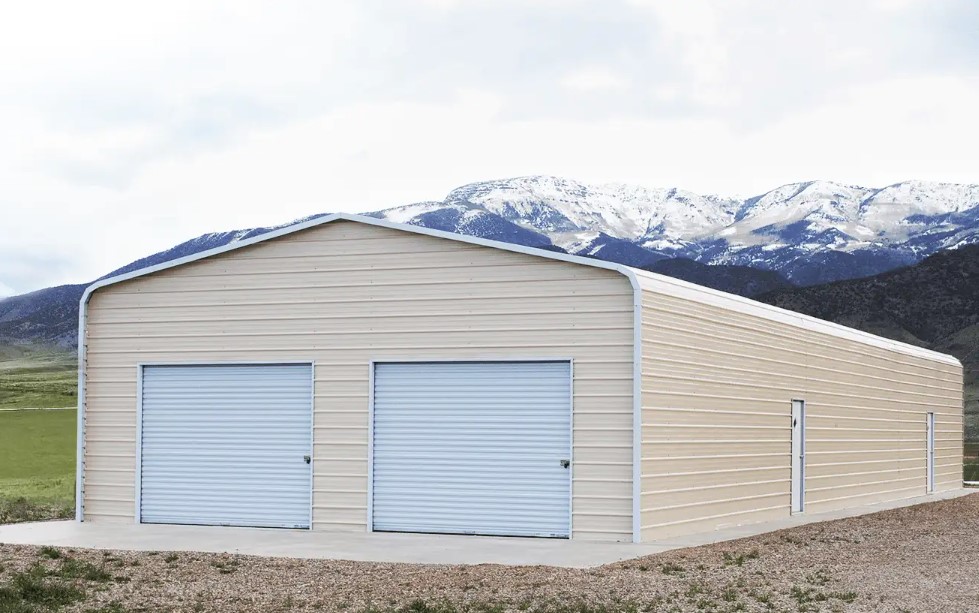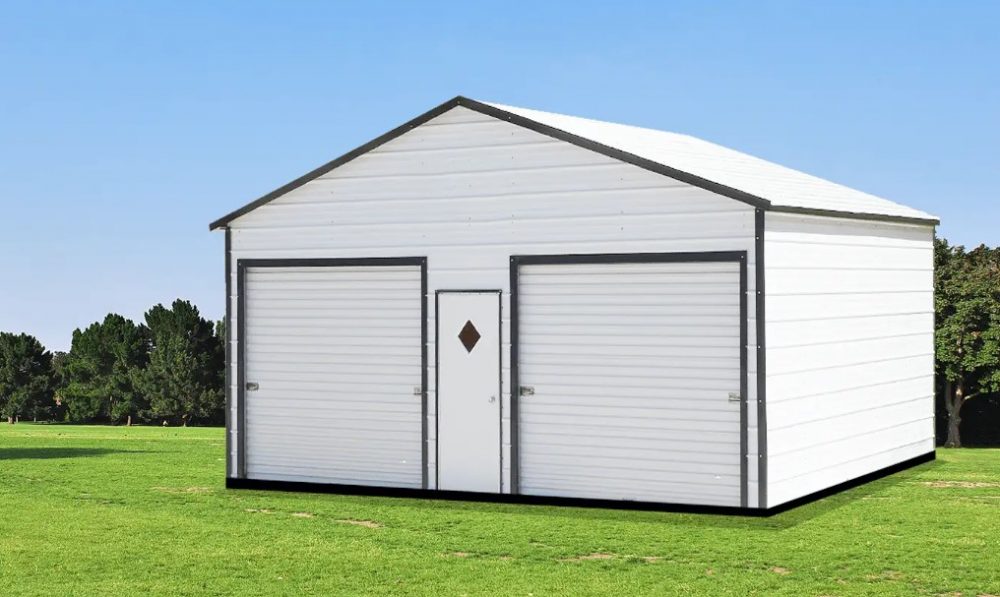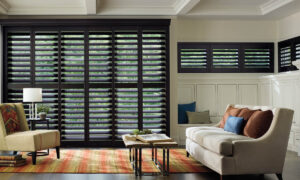When building a garage, the choice of material is crucial for both durability and functionality. The right material ensures a strong, long-lasting structure, accommodating everything from vehicles to storage.
This blog post dives into the best materials for garage construction, considering factors like climate, budget, and intended use. Whether you’re building a new garage or renovating an existing one, understanding these materials is key to a successful project.
Factors to Consider
Selecting the right material for your garage isn’t just about aesthetics; it involves considering several key factors. Climate plays a major role; materials that are ideal in one region might not withstand the weather in another.
Budget is another critical aspect. While some materials offer longevity and low maintenance, they might be more expensive upfront. Lastly, consider the intended use of your garage. Will it store heavy vehicles, or serve as a workshop? These factors greatly influence the choice of material.
Concrete
Concrete is a top choice for garage construction due to its exceptional durability and suitability for heavy vehicles. Known for its strength, concrete withstands considerable weight and wear, making it ideal for a garage floor.
It’s also resistant to fire, pests, and rot, ensuring a longer lifespan. Though the initial cost might be higher than other materials, its durability makes it a cost-effective option in the long run.
Wood
Wood offers a classic appeal and versatility in garage construction. It’s easily customizable and provides a traditional look that many homeowners desire. However, wood requires more maintenance to prevent rot, pests, and weather damage. It’s also not as durable as other materials like steel or concrete, particularly under heavy loads.
While wood might be a good fit for those seeking aesthetics and customization, it might not be the best choice for those looking for longevity and minimal upkeep.
Steel
Steel is a highly favored material for garage construction, prized for its robustness, longevity, and resistance to pests. Ideal for those seeking a durable, low-maintenance option, steel garages are fire-resistant and capable of supporting heavy loads, fitting both residential and commercial purposes.
Steel garage as seen here, offer a modern, sleek aesthetic and can be designed in various styles. However, in coastal regions or areas with high humidity, steel may be prone to corrosion. Regular treatment and maintenance, such as applying protective coatings, are essential to prevent rust and ensure the longevity of the structure.
Vinyl Siding
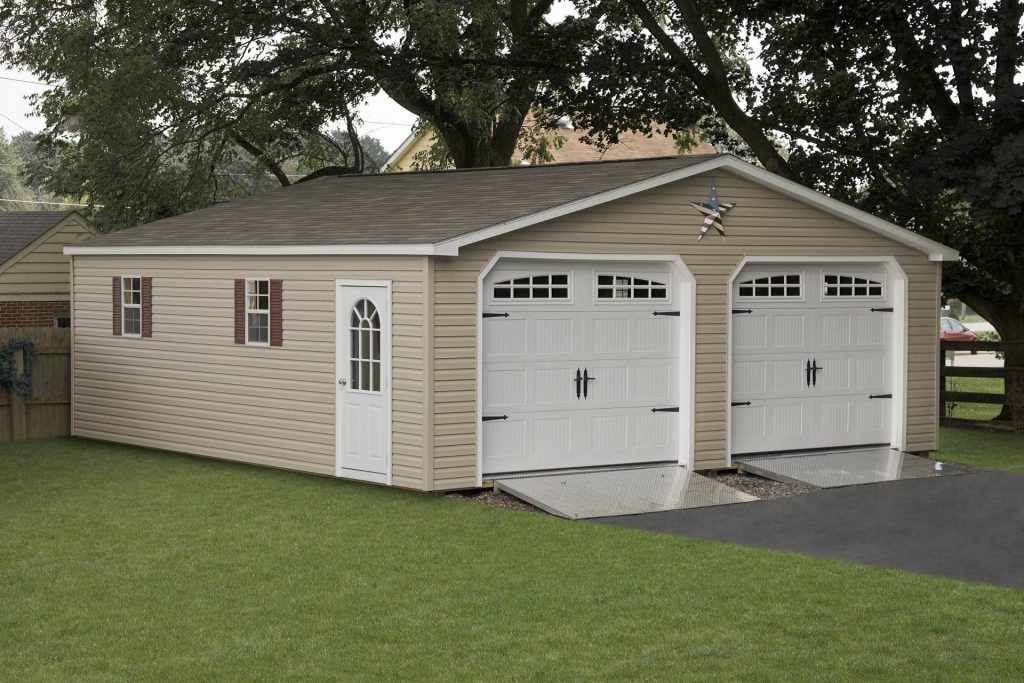
Source: amishbackyardstructures.com
Vinyl siding is an excellent choice for enhancing a garage’s appearance. Its availability in an array of colors and styles makes customization straightforward, allowing homeowners to match their garage to their home’s exterior seamlessly. Beyond its aesthetic flexibility, vinyl is known for its resilience and ability to endure diverse weather conditions, from harsh sun to freezing temperatures.
It requires little maintenance, typically just regular cleaning to maintain its appearance. While vinyl is durable, it’s important to note that it might not provide the same level of structural strength or insulation properties as materials like brick or concrete.
Brick
Brick is a classic choice for garage construction, offering a blend of timeless appeal and robust durability. This material enhances a property’s overall aesthetics with its traditional and elegant appearance. Brick garages are known for their longevity, often outlasting other materials with minimal maintenance. They are fire-resistant and provide excellent insulation, which can be beneficial for energy efficiency.
Building with brick, however, can be more costly and time-consuming due to the intricacies of the construction process and the cost of materials. Despite the higher initial investment, brick garages can add significant value to a property.
Cost Considerations
Cost is a pivotal factor in selecting garage materials. Concrete and steel, known for their durability, often come with a higher initial cost compared to other materials. Wood, while less expensive at the outset, may incur greater maintenance expenses over time.
Vinyl siding strikes a balance between affordability and upkeep, making it a cost-effective option for many homeowners. Brick, typically the most costly option due to material and labor expenses, offers a payoff in terms of longevity and reduced maintenance needs. It’s important to consider both the upfront cost and the long-term financial implications of each material.
Climate Compatibility
The performance of garage materials varies significantly across different climates. In areas with extreme temperatures, concrete and brick are preferred for their insulating capabilities, helping to maintain a stable internal temperature.
Steel, while robust, may need additional insulation in colder regions to enhance energy efficiency. Wood is less suitable for humid or wet climates due to its vulnerability to moisture-related issues like rot. Selecting a material that aligns with your local climate conditions is essential for ensuring the longevity and functionality of your garage.
Maintenance Requirements
Maintenance considerations are vital when choosing garage construction materials. Concrete and steel are relatively low-maintenance, requiring occasional cleaning and checks for structural issues such as cracks in concrete or rust in steel.
Wood, in contrast, demands more upkeep, including regular treatments to protect against rot, pests, and weather-related damage. Vinyl siding is one of the lowest maintenance options available, needing just a simple wash to retain its appearance. Brick, while requiring minimal maintenance, might need repointing or minor repairs over time to maintain its structural integrity and appearance.
Long-Term Investment
Selecting the right material for your garage is more than a short-term decision; it’s a long-term investment. Opting for durable materials like concrete and steel can lead to substantial savings in future repairs and replacements.
While wood may appear more budget-friendly initially, its long-term costs for maintenance and potential replacements could be higher. Investing in a material that suits both your climate and usage needs can result in significant financial benefits over time. This decision not only affects the immediate functionality and appearance of your garage but also its longevity and overall value to your property.
Conclusion
Selecting the right material for your garage construction is a decision that impacts its longevity, functionality, and cost. Concrete and steel are excellent for durability and low maintenance, while wood and vinyl siding offer aesthetic appeal.
Brick, though expensive, provides a timeless look with minimal upkeep. Consider your climate, budget, and maintenance willingness when choosing. The right material not only adds value to your property but also saves money in the long run.

